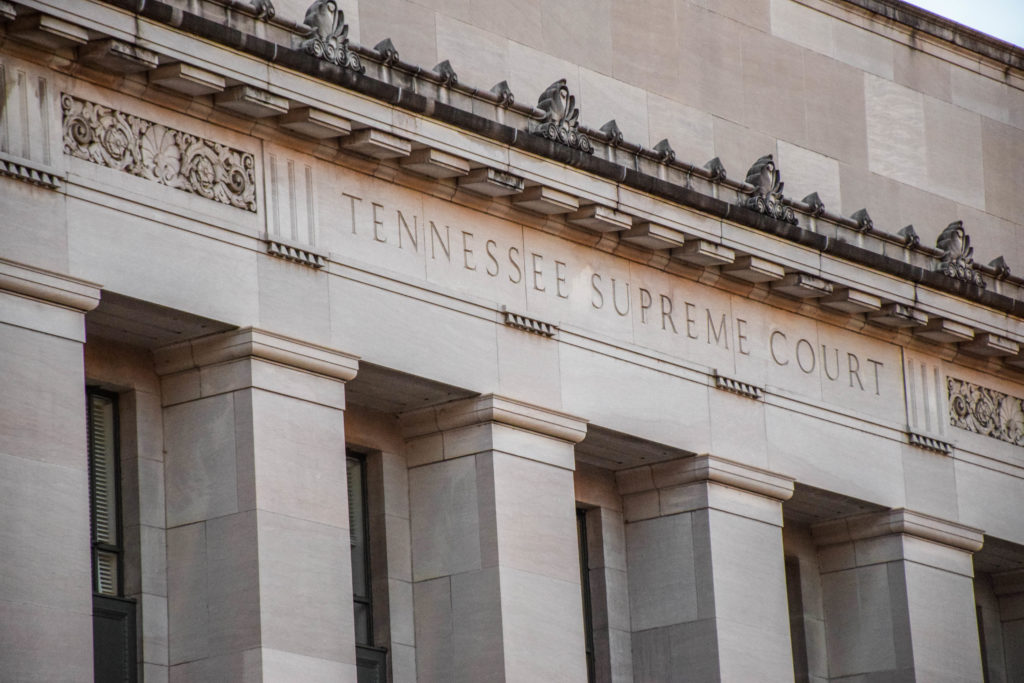
To retain, or replace: that is the question. Or, at least, it’s a question you’ll be greeted with more than 20 times when you go to vote.
It’s a big ballot for judges this year — from the state’s supreme court to appeals courts across the state.
These “retain” or “replace” questions appear on the ballot every 8 years or so. But, it can seem especially daunting to try to make an informed decision on so many judges.
“Well, it does take a lot of time,” says Jonathan Cole, an attorney with the Nashville Bar Association. “However, you know, the alternative is not to have this process. At least, this allows the voters to make a weigh-in on whether or not somebody should retain. And, it makes the judges accountable to the public.”
How do I make an informed decision on judges?
Here are some places to find information on the judges and their decisions.
1. A lawyer friend: You know, it’s always handy to have a lawyer friend. Jonathan Cole says asking a lawyer about judges is a great way to get firsthand information about what they are like to work with.
“I encourage people to consult with attorneys, who may have had a personal interaction or seen the the judge in action, and see what their judicial temperament is.”
2. Nashville Bar Association: If you find yourself without lawyer friends, the Nashville Bar Association polls its members on their opinions of the judges. Check out what they thought here. (The Memphis Bar Association has an even more extended list here.)
3. TNCourts.gov: Some of the judges have biographies on this website, as well as opinions and oral argument videos. Cole says that decisions shouldn’t just be based on whether the judge ruled in a way you agree with.
“Sometimes, they have to make a decision they don’t personally agree with, but they’re following the law on the issue. And so, a key thing is: if you believe that they are following the law properly. And then also, if they have a good judicial temperament, they let people have a say. If they handle their courtroom well, if they’re fair to all litigants.”
Do these judicial retention questions actually do anything?
Before spending a bunch of time researching these judges, you might ask yourself whether these types of election questions actually make a difference?
Only one judge has ever been booted from office from this process — Judge Penny White, back in 1996.
White was on the Tennessee Supreme Court and ruled to reverse a death sentence in a case. Her decision put her in the crosshairs of victim’s rights groups, who pushed hard for voters to unseat her during her judicial retention election.
Judicial code of ethics prevented White from being able to defend herself to the public, and the effort to remove her was successful.
Updated Aug. 4 to add the Memphis Bar Association link.

